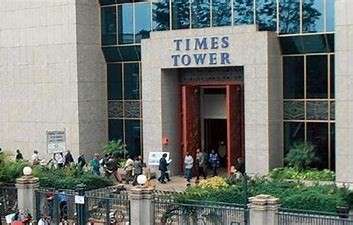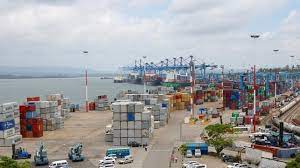Legal experts in the tax and tax administration field says Kenya needs to divorce the budget making process and tax law amendments. According to these experts, the burden of tax on Kenyans continues to increase, with the rate of taxes paid by Kenyans being inordinately higher compared to other jurisdictions.
Roy Mwamba an advocate of the High Court and an expert in matters tax also adds that this process is also important because the government is still not opening the budget making process for public participation, and where public participation takes place, there is no law requiring the government to incorporate the public’s input.
Roy says it is time that Kenya seriously considers having a conversation on tax administration in Kenya, which will include amendments to tax laws, policies and procedures, as well as relooking at the public institutions that touch on how taxes are administered in Kenya, among them the Kenya Revenue Authority, Tax Tribunals and the appellate courts among others.
“Paying taxes remains a civic duty, but not paying high taxes that increase annually” Roy says. He adds that tax rates should be reasonable and should be based on the economic status of the taxpayer. “A litre of Fuel in Kenya today is retailing at Ksh 159, Ksh 69 of that goes to the government as tax, while we should not be paying that much money as tax on fuel, it is important to remember that what Kenyans are earning remains unchanged, hence reducing their spending power” added Roy.
At the same time, the tax expert says that the government should create estimates based on its own needs, adding that this is one of the other reasons that the tax burden continues to be heavy on Kenyans. “The rate of taxes is driven by the appetite of the government of the day, because it’s not that Kenyans drank more last year, necessitating the need for higher taxes on wines and spirits, and this is how we will see illicit products making a comeback.
Kenya at the same time loses Ksh 2bn annually to corruption, and experts argue that the government has failed in sealing the loopholes where public resources are lost. “This daily amount translates to Ksh 400bn annually, meaning out of the Ksh 3.3 trillion 2022 budget, Ksh 400bn has already been lost, meaning the government will plug the deficit with among other means, taxes.” Says Roy. “Kenyans need to remember that the government had to settle money lost through the Anglo leasing scandal, to access the first ever Eurobond; In the same way, Kenyans will have to pay for the Aror and Kimwarer dams, whether they were constructed or not”, says Roy.
Meanwhile, lack of awareness on tax laws and procedures in the country has also contributed to the pain Kenyans experience with taxes. Roy Mwamba says taxpayers should educate themselves on the current laws and use them to their advantage. He says the Kenya Revenue Authority for instance is required to conduct public sensitization on laws that for instance allows you time to object to tax queries raised by the tax man.
“Kenyans today and particularly those in business are more afraid of the tax man than are willing to engage, despite several measures by KRA to introduce Alternative Dispute Resolution Mechanisms ADRs” KRA will also ride on this ignorance to compel Kenyans to meet their tax obligations by all means, because they have a target set by Treasury each year.” Adds Roy.
The Finance Bill 2022 which proposes a raft of tax measures now awaits the president’s assent and has particularly raised uproar due to its tax measures that will have a direct impact on the cost of living.
Tax experts have warned that if passed into law as currently structured, the Finance Bill will increase the excise duty, which will in effect accelerate inflation leading to high unemployment. Investors are already concerned that the bill will increase the cost of doing business, affecting investment in the country.
The Finance Bill, 2022 which was published and gazetted on 8 April 2022, proposes to make amendments to a raft of tax-related laws including the Income Tax Act, the Value Added Tax Act, 2013, the Tax Procedures Act, 2015, the Miscellaneous Fees and Levies Act, 2016 and the Excise Duty Act, 2015.



















